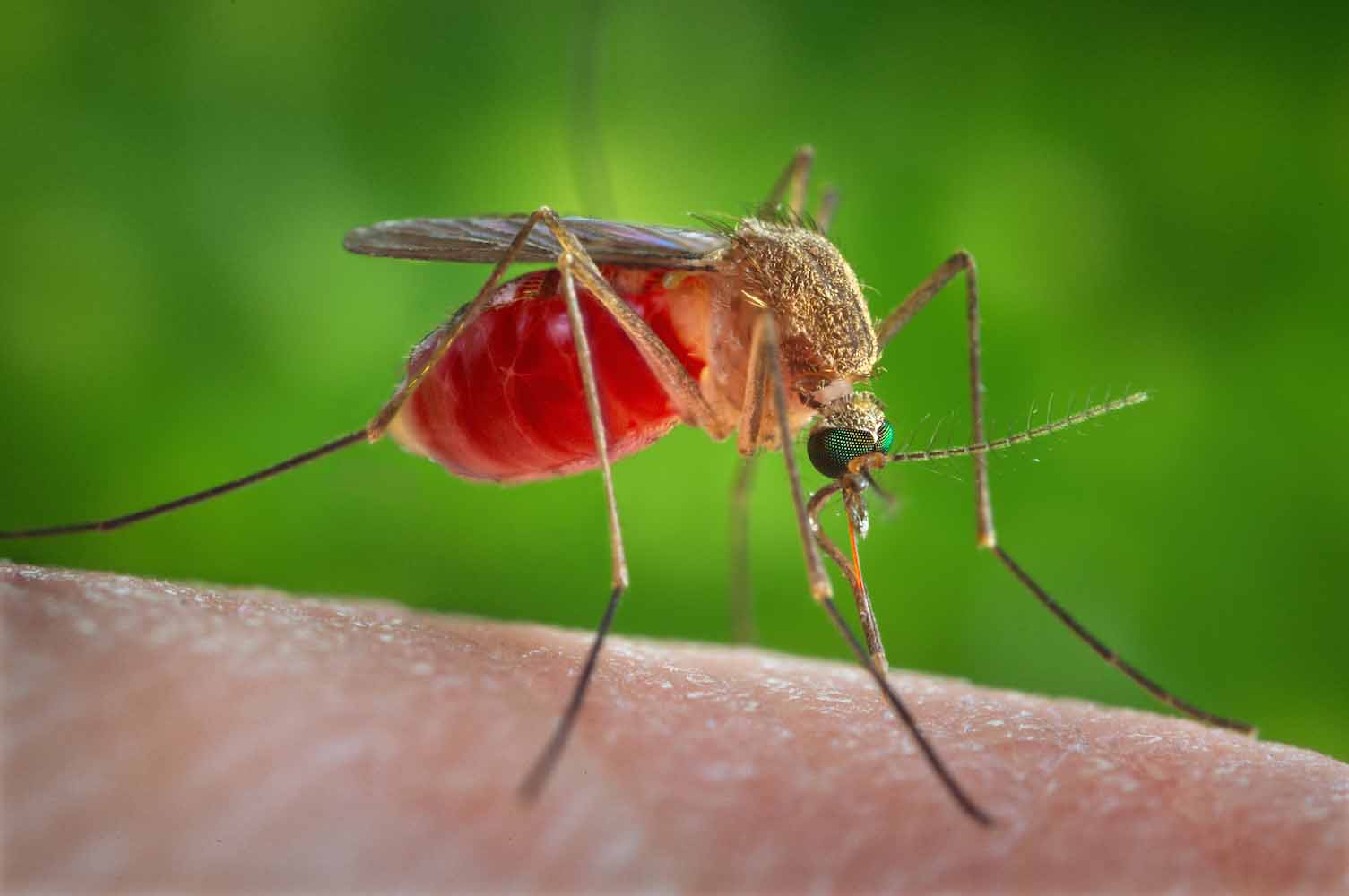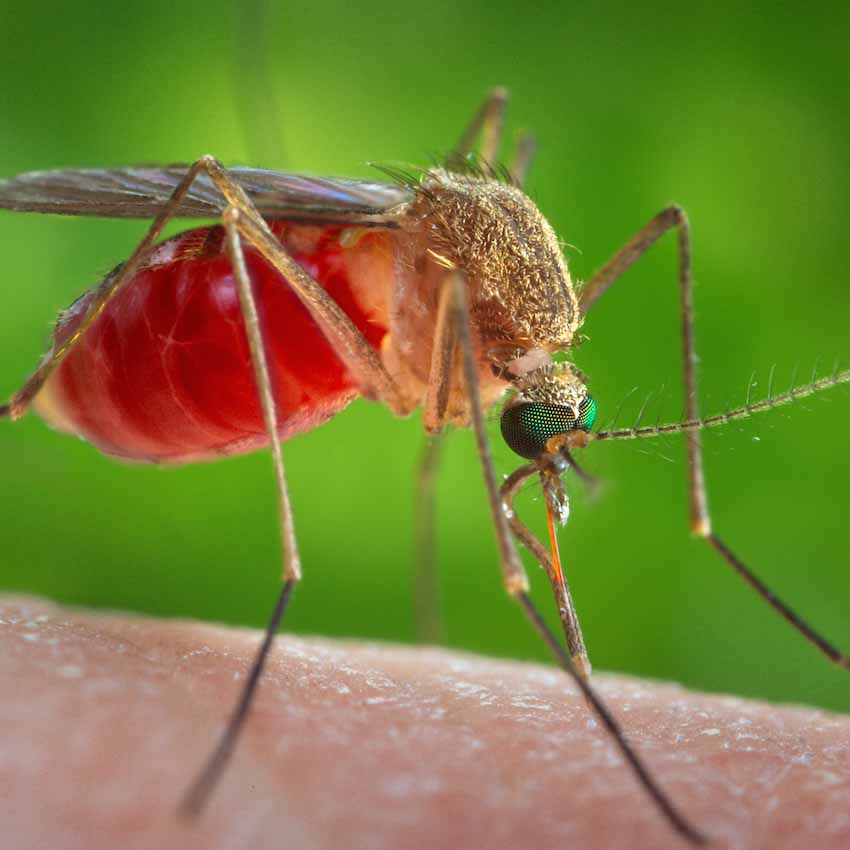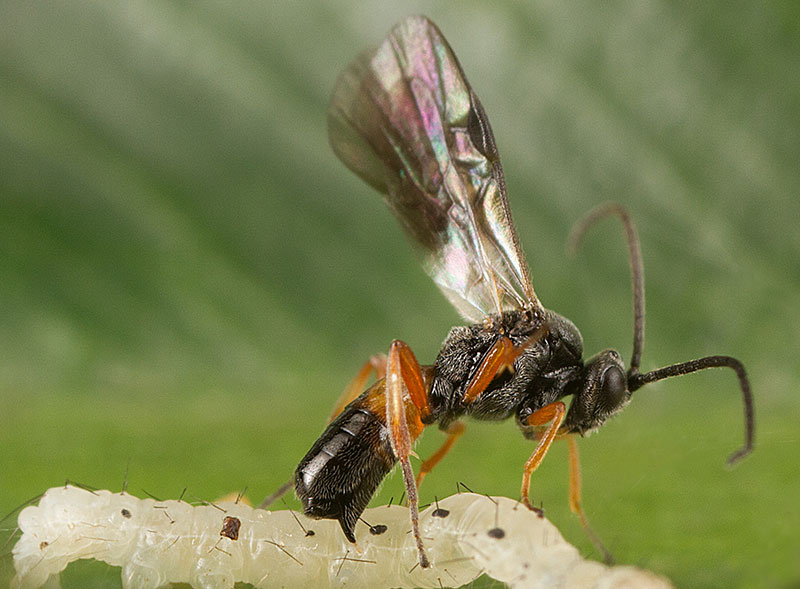School is back in session in many Georgia systems. It may seem like summer is coming to a close, but peak summer mosquito season is just starting.
It’s rained quite a bit in Georgia recently, and mosquito larvae are everywhere. Mosquitoes have already found items outside holding water. When it turns hot after this wet period, mosquito populations are going to flourish.
This is bad news for families that want to spend time outside after school and work.
The month between Aug. 15 and Sept. 15 is the peak period for West Nile virus transmission in Georgia, and this season may be more active than the past two years.
While Georgia hasn’t seen many cases of West Nile in the past few years, it’s never totally gone away. Today the virus is described by epidemiologists as “endemic” in Georgia, which basically means that it’s always present at low levels.
Remember that West Nile was initially found in New York City in 1999 and detected in Georgia in 2001. The virus peaked in Georgia with 117 human cases in 2012. The virus commonly cycles from infected birds to mosquitoes. Occasionally, an infected mosquito will bite a human.
Thankfully, only 1 out of 5 people exposed to the virus becomes ill, but those who do can develop very serious cases that involve encephalitis or meningitis. If someone you know becomes ill after being exposed to mosquitoes, or becomes ill and exhibits mental confusion, get them to a doctor immediately.
This summer, there have been seven cases of humans with West Nile in Georgia, and public health and mosquito control officials have found 105 pools of mosquitoes in DeKalb, Fulton and Chatham counties, where testing is being conducted, that tested positive for the virus.
A “pool” of mosquitoes typically consists of 25 mosquitoes of the same species collected at one site. They are combined into one sample and tested to determine if any were exposed to the virus.
A “positive pool” means mosquitoes are circulating West Nile in that area. Officials perform this routine testing to determine how to focus mosquito control resources.
The best way to prevent mosquitoes and the spread of West Nile is to eliminate their habitat. Mosquito larvae and pupae require standing water to develop. Given our current rainy conditions, extreme diligence is required to eliminate standing water.
Now is the time to take action. Mosquito larvae are everywhere. Dump standing water at least once a week. If standing water can’t be eliminated and you see mosquito larvae, commonly called “wigglers,” or mosquito pupae, commonly called “tumblers,” the site should be treated with an Environmental Protection Agency (EPA)-approved larvicide or pupacide. Local garden centers or feed-and-seed stores typically carry these products. Homeowners should read and follow all label instructions when applying treatments for mosquitoes.
It is also important to remember the best techniques to preventing mosquito bites. Light-colored, loose-fitting clothing provides a significant barrier. Exposed skin should be treated with an EPA-approved repellent — there are many options that are widely available.
Children as young as 2 months old can be treated with DEET-based products, but always apply the repellent to the hands of an adult and then rub the repellent on the child’s exposed skin.
Thankfully, other mosquito-borne illnesses, like Zika, are not a problem in Georgia. Zika infections have decreased worldwide, and Georgia doesn’t have a significant population of the mosquito that transmits Zika.
That said, Georgians must still be aware of and eliminate mosquito populations to prevent nuisance mosquitoes and mosquitoes that carry West Nile. Mosquito populations are going to rise if diligence is not exercised. Dump standing water! Check your yard, those potted plants and the associated trays and dishes. Also, support your local mosquito control program or local public health district that makes a difference communitywide.
For more information about mosquitoes and controlling mosquito populations, visit www.caes.uga.edu/departments/entomology/extension/controlling-mosquitoes.html.








